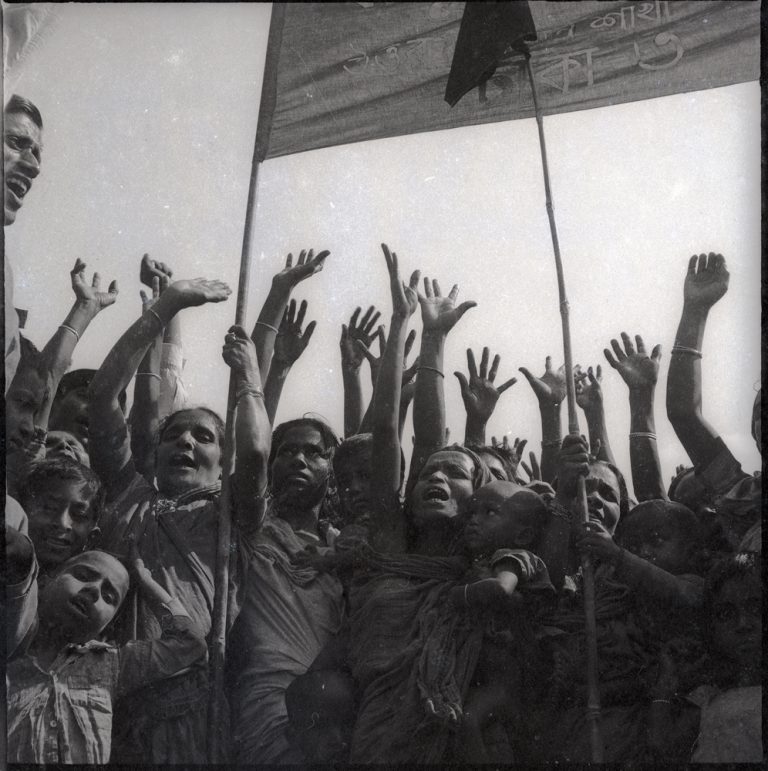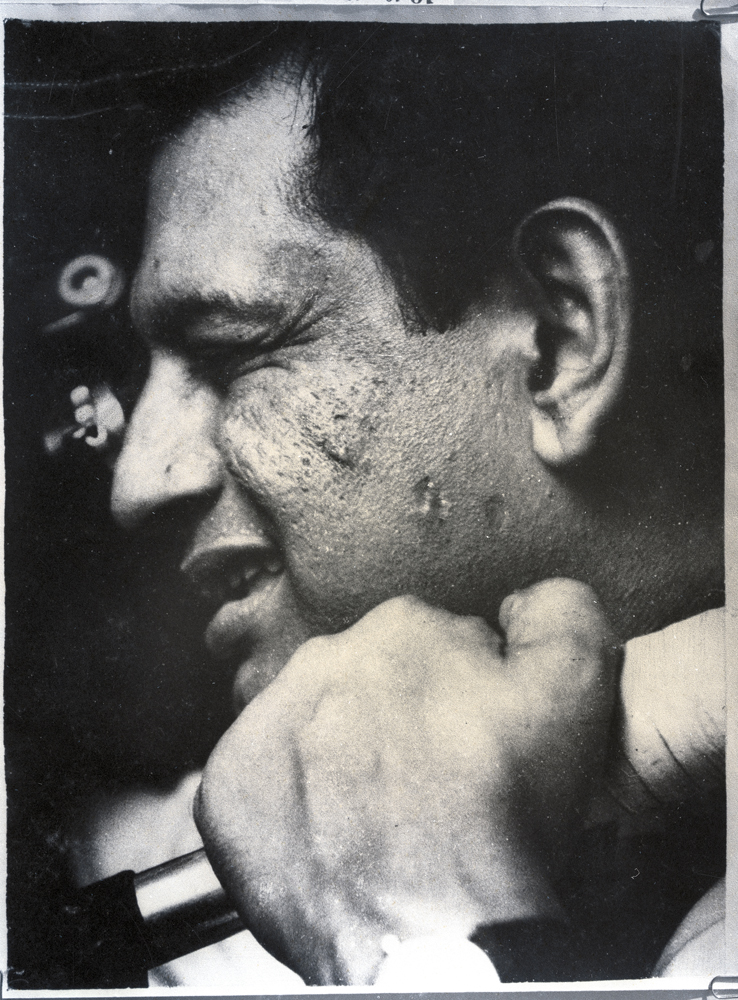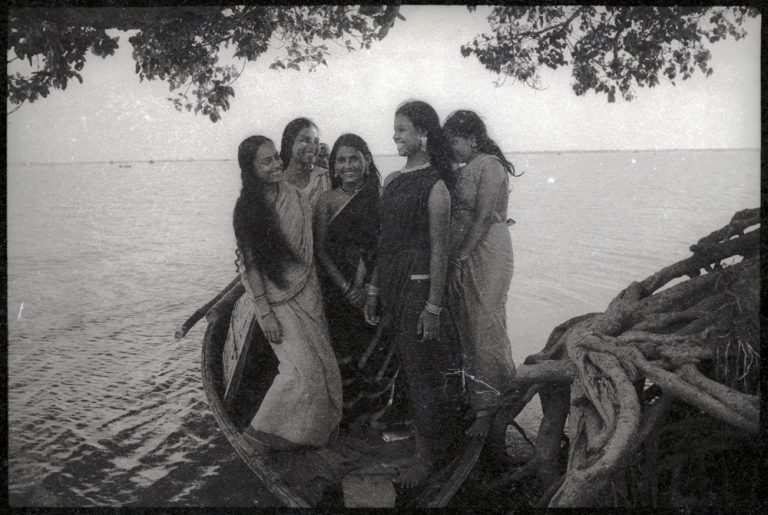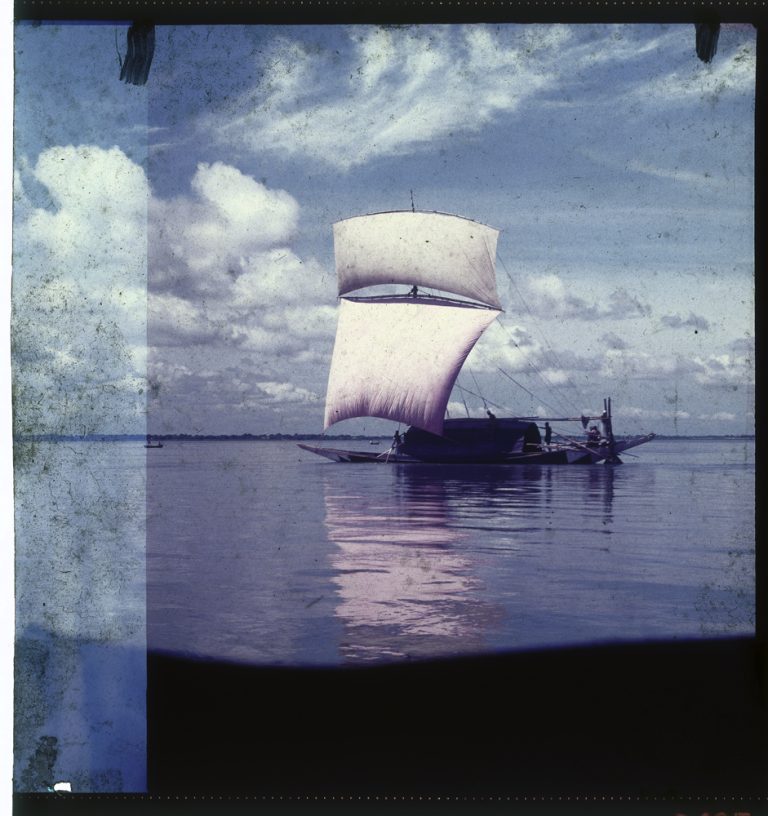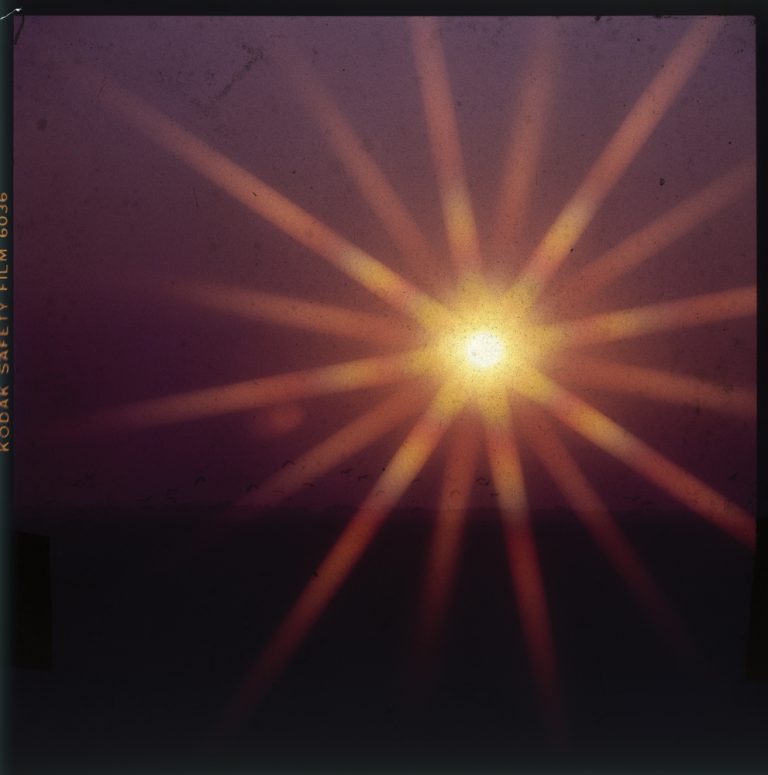Born on the banks of the Jamuna River in Kodda village, Sirajganj, in 1925, Amanul Huq emerged as one of the pioneering figures of creative photography in Bangladesh. From his earliest years, he was drawn to image-making—first through drawing, then through the lens. At the age of sixteen he obtained a Baby Brownie camera and began travelling from village to village, capturing rural life: rivers, boats, women, labour, and the rhythms of agrarian Bengal.
After Partition, Huq joined Dhaka Medical College as a photographer and anatomical illustrator. During the Language Movement of 1952, he risked his life to document the historic moment when police bullets struck the protestors. His photograph of the slain language martyr Rafiq Uddin Ahmed remains one of the most enduring visual records of that event—an image that challenged state narratives and became a symbol of truth and resistance.
Forced to leave Dhaka under political pressure, Huq moved to Kolkata, where he met Satyajit Ray. The two formed a creative partnership lasting over a decade, during which Huq photographed Ray and his cinematic world with remarkable intimacy. Ray compared Huq’s photograph Idle Noon to the work of Henri Cartier-Bresson, recognising in it the same humane sensitivity and disciplined observation.
Returning to Bangladesh in the late 1960s, Huq continued to chronicle his country’s turbulent history—from the Six-Point Movement to the Liberation War of 1971—with the same uncompromising eye. His lifelong series Amar Desh (My Country) remains a poetic document of the land and its people, uniting realism with deep empathy.
Amanul Huq died in 2013 at the age of 88. His wish was simple: to rest “in the lap of nature.” Beneath a flowering krishnachura tree in the Mirpur Martyred Intellectuals’ Cemetery, he lies surrounded by the light he so faithfully pursued. Through his images, Bangladesh continues to see itself.
